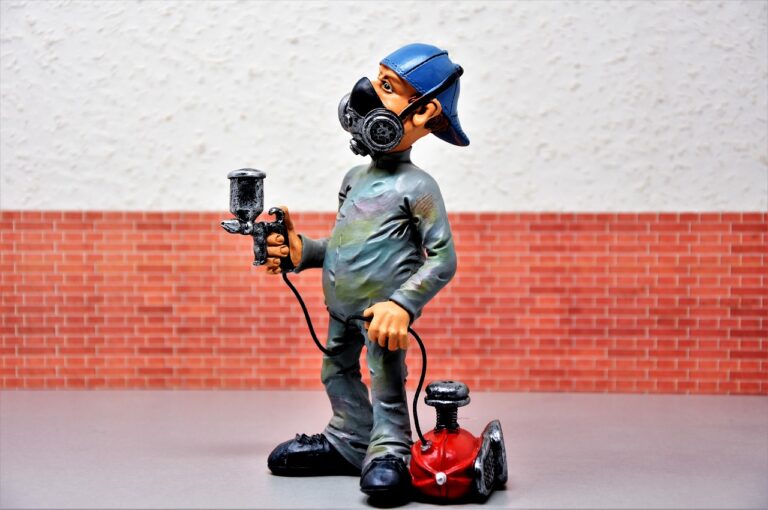The Evolution of Retail Customer Service: Trends in Omnichannel Support
Providing exceptional customer experience in retail has become a crucial differentiator in today’s competitive market. Consumers are not only seeking quality products but also memorable interactions and personalized service. Retailers need to prioritize creating a positive shopping environment that leaves a lasting impression on customers.
A seamless customer journey, from the moment a shopper enters the store to the point of sale, is essential in fostering a sense of loyalty and satisfaction. Offering convenient payment options, knowledgeable staff, and engaging displays are all key elements in enhancing the overall customer experience. Retailers who invest in creating a welcoming atmosphere and prioritizing customer needs are more likely to build long-term relationships and drive repeat business.
Shifting Consumer Expectations
Consumer expectations in the retail industry are constantly evolving as technology and e-commerce continue to shape the way people shop. Today’s consumers value convenience, personalization, and seamless experiences more than ever before. They expect retailers to anticipate their needs and provide a smooth shopping journey across both online and in-store channels.
Moreover, the rise of social media and influencer marketing has provided consumers with a platform to express feedback and influence purchasing decisions. Consumers now seek authenticity, transparency, and engagement from the brands they choose to support. As a result, retailers must strive to build trust, foster relationships, and create memorable experiences to meet the ever-changing expectations of modern consumers.
What are some examples of shifting consumer expectations in the retail industry?
Some examples of shifting consumer expectations include the demand for personalized shopping experiences, seamless omnichannel interactions, and a greater focus on sustainability and ethical practices.
Why is customer experience important in retail?
Customer experience is important in retail because it can impact brand loyalty, customer satisfaction, and ultimately drive sales. Providing a positive customer experience can differentiate a retailer from its competitors and lead to repeat business.
How can retailers adapt to meet changing consumer expectations?
Retailers can adapt to meet changing consumer expectations by investing in technology to provide personalized experiences, optimizing their online and offline channels for a seamless shopping journey, and incorporating sustainable and ethical practices into their business operations.
What are some key strategies for retailers to improve customer experience?
Some key strategies for retailers to improve customer experience include training staff to deliver exceptional service, implementing loyalty programs to reward repeat customers, and gathering feedback from customers to continuously improve their offerings.
How can retailers stay ahead of the curve in understanding and meeting consumer expectations?
Retailers can stay ahead of the curve by staying informed about industry trends and consumer preferences, leveraging data analytics to understand customer behavior, and being agile in responding to changing market dynamics.





